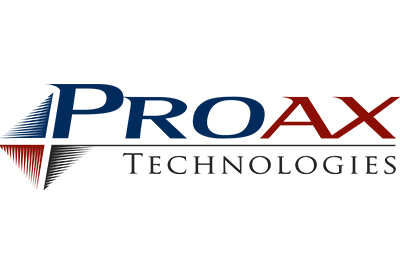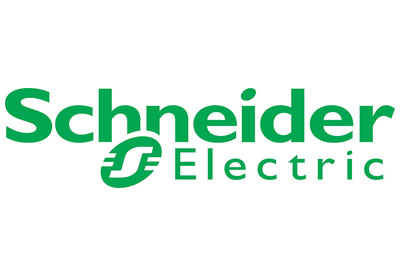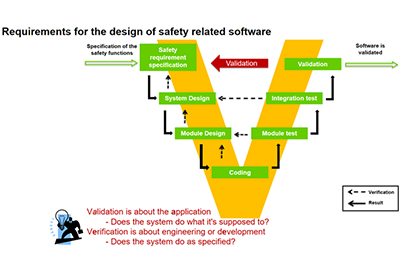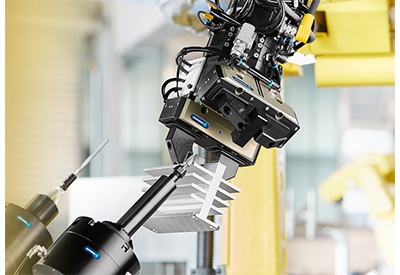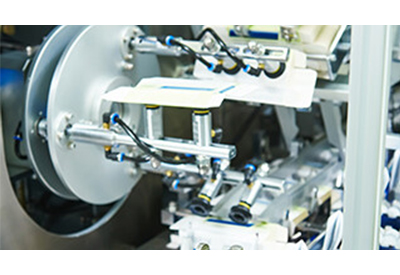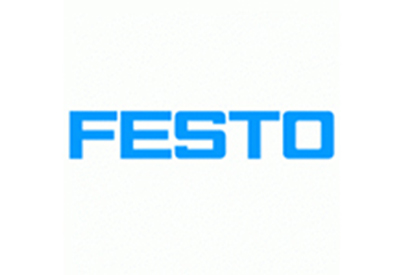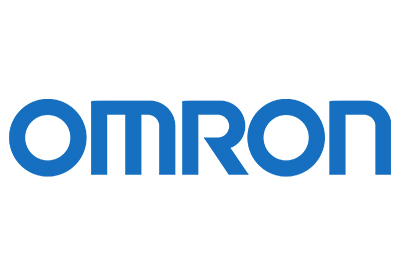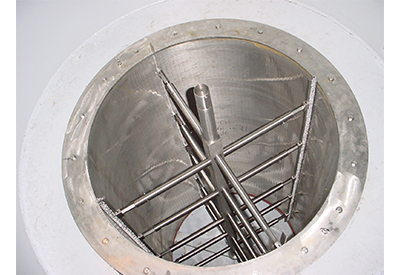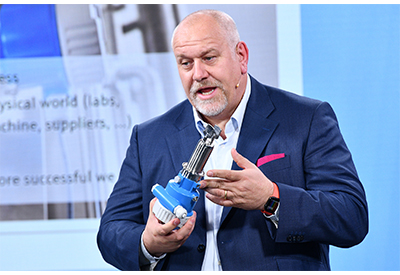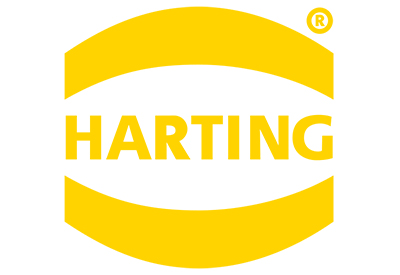It’s Official, Proax Is a Great Place to Work
Proax is proud to announce that they have been certified as a Great Place to Work after a thorough, independent analysis conducted by Great Place to Work Institute Canada. This certification is based on direct feedback from employees, provided as part of an extensive and anonymous survey about their workplace experience.

